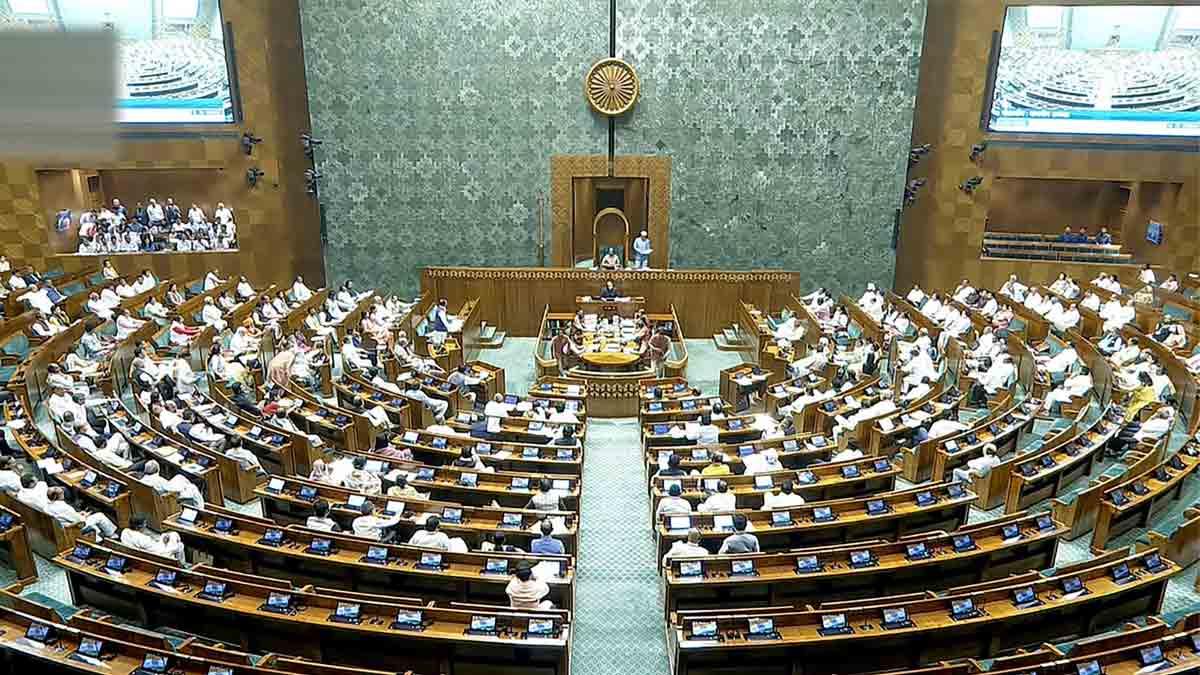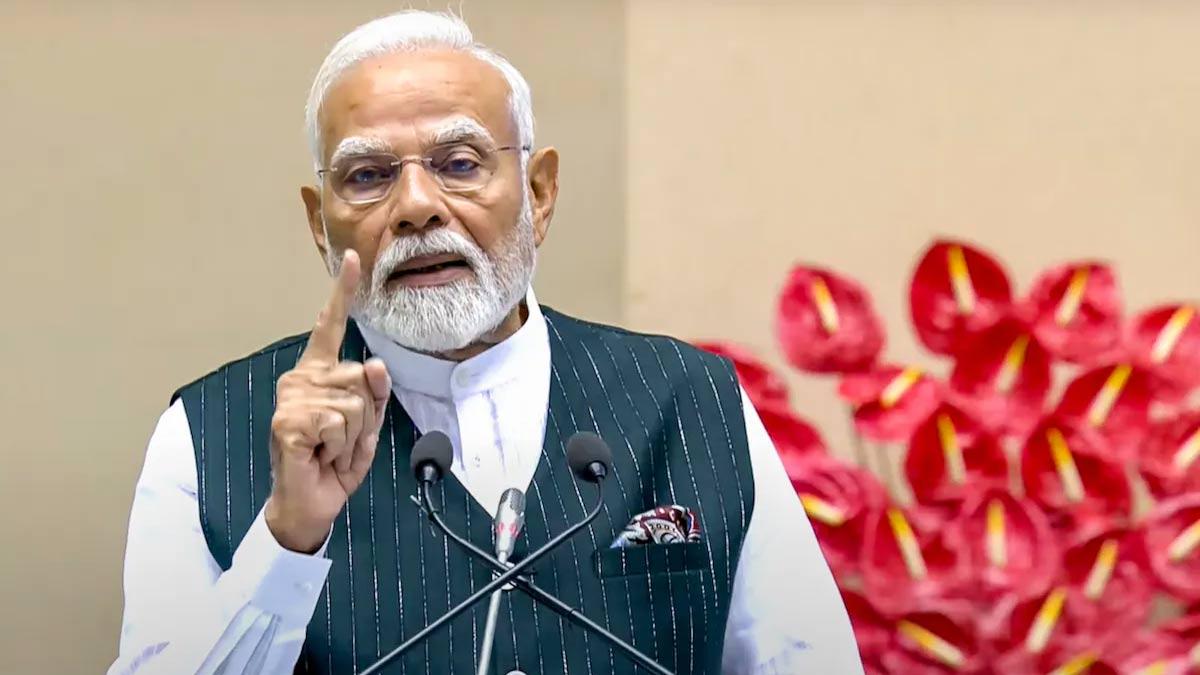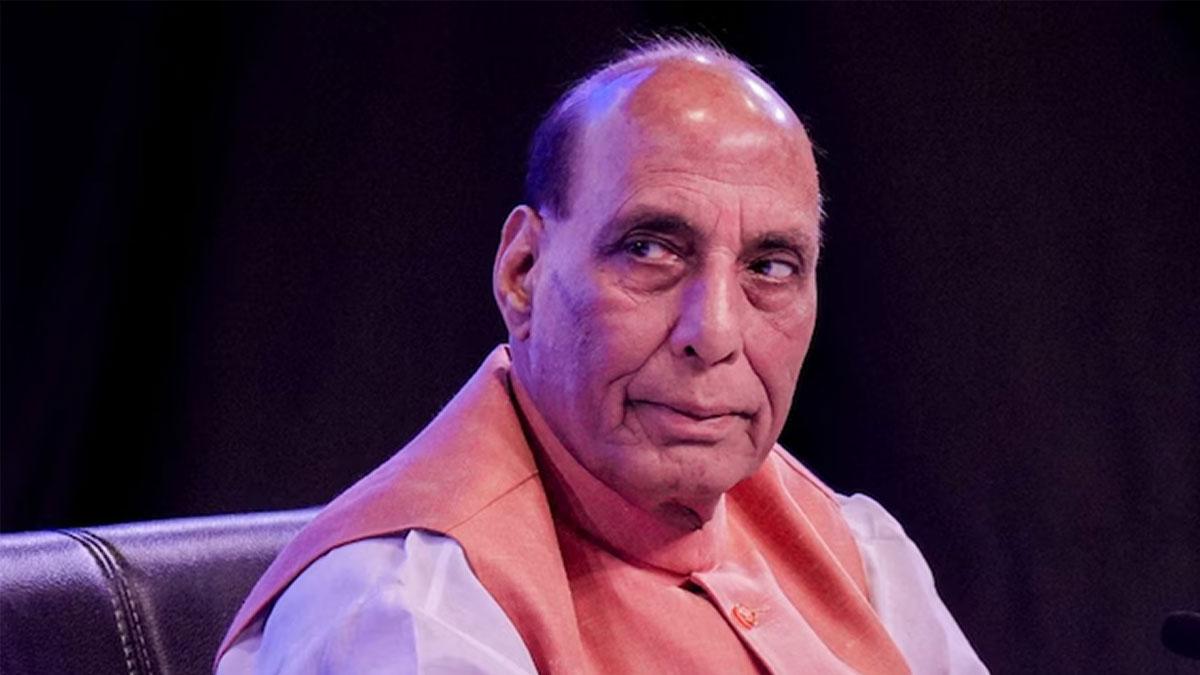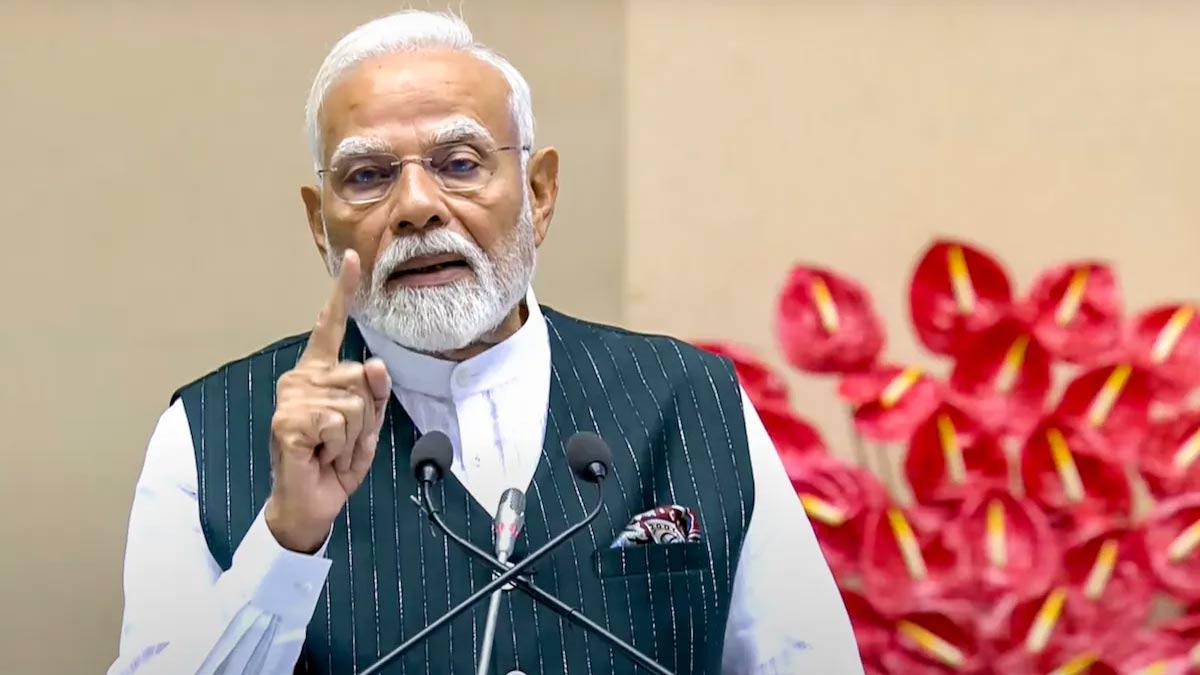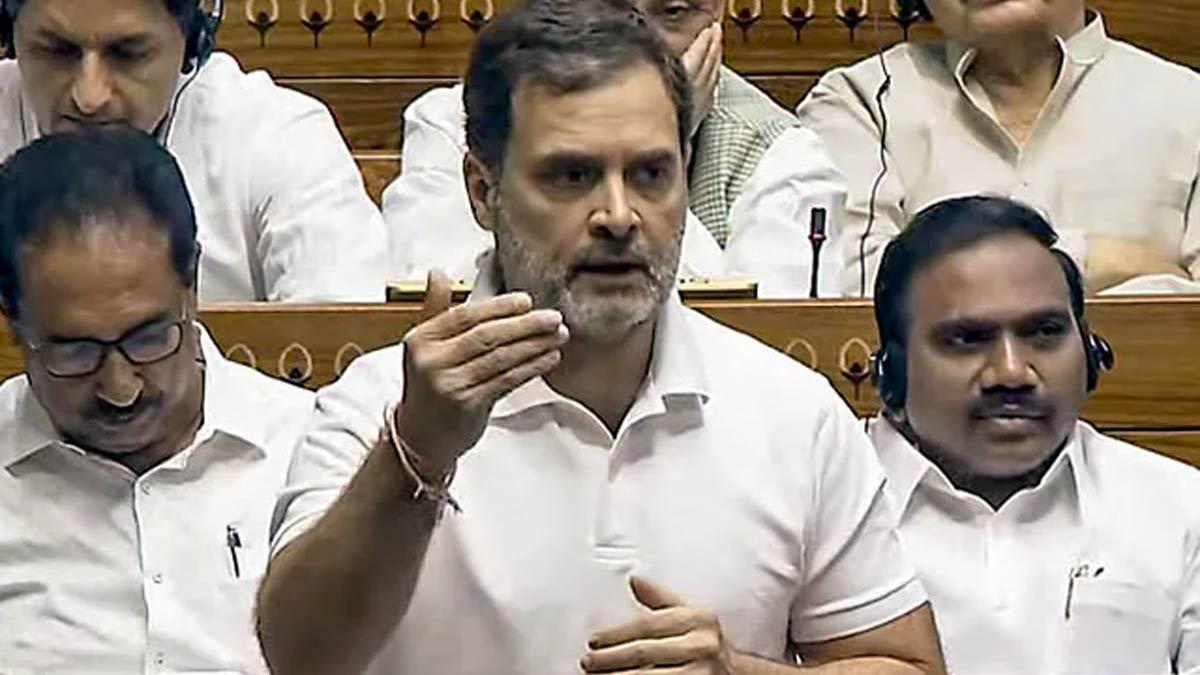The Waqf (Amendment) Bill is the latest in a series of crucial draft legislations sent to a joint parliamentary committee since 2015.
The government decided on Thursday to refer the Bill to a joint committee for further scrutiny, following the opposition parties' objection to some of the provisions of the Bill.
Speaker Om Birla announced his intention to consult with the leaders of political parties to form the committee.
Where one House decides to refer a Bill to a joint committee, it communicates the decision to elect members to the committee to the other House.
The Bill is considered by the joint committee in the same way as it would by the two Houses. Any member sitting on the committee may move an amendment to any clause in the Bill.
In addition, the committee may hear evidence from associations, public bodies or persons who have an interest in the Bill.
At the Report Stage After the committee has considered the Bill, it is reported back to the House. At this stage, any members in opposition of the majority report may then present a minority report. Other major Bills to have gone to joint committees include the Right to Fair Compensation and Transparency in Land Acquisition, Rehabilitation and Resettlement, Second Amendment Bill, 2015; Insolvency and Bankruptcy Code Bill, 2015; the Enforcement of Security Interest and Recovery of Debts Laws and Miscellaneous Provisions Amendment Bill, 2016; and the Citizenship Act, 1955 amendment Bill.
Similarly, joint parliamentary committees were constituted to consider the Financial Resolution and Deposit Insurance Bill, 2017 and the Jan Vishwas (Amendment of Provisions) Bill, 2022.
The very recent Bill sent to a joint committee is the Forest (Conservation) Amendment Bill, 2023.
Read also | Ravneet Singh Submits Nomination for BJP in Rajya Sabha Bypolls
Read also | Chandrayaan 3 Sets New Milestone, Paves the Way for Chandrayaan 4 and 5: Jitendra Singh

